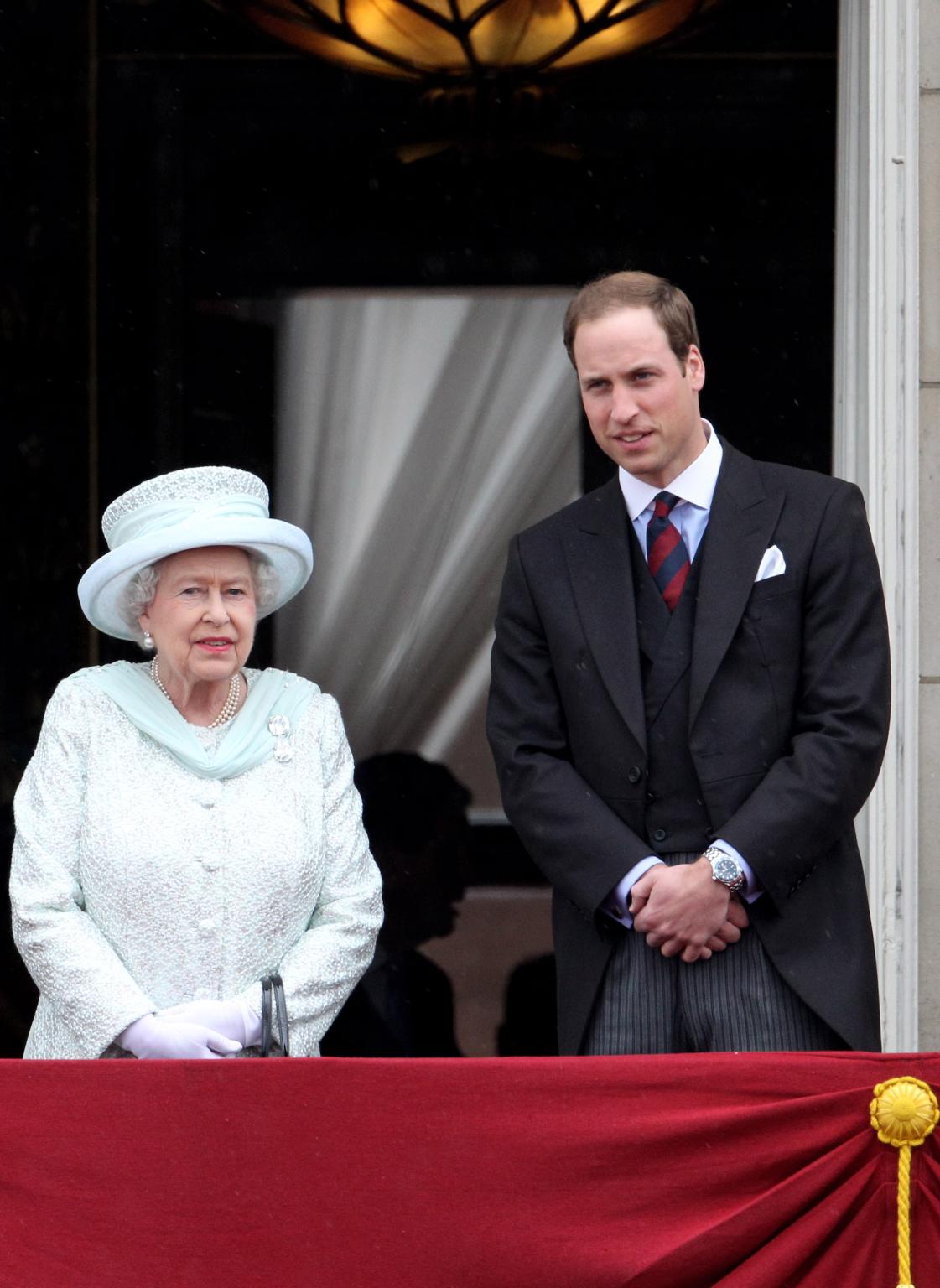ROYAL FAMILY
Why Prince William Wasn’t ‘Very Close’ to Grandmother Queen Elizabeth for Decades

For much of Prince William’s life, the public viewed him and Queen Elizabeth II as a quintessential royal duo — the poised monarch and her steady, responsible grandson destined to inherit the Crown. But insiders have long revealed that their relationship, while respectful, was not always deeply personal. For decades, William kept a certain emotional distance from his grandmother, shaped by duty, family upheaval, and the unique pressures of royal destiny.
A Childhood Shaped by Protocol, Not Proximity
Unlike many grandchildren who grow up with regular visits and informal bonding, William’s early life was shaped by strict protocol.
Once he became second in line to the throne, his relationship with the Queen shifted from purely familial to constitutional. Every move he made, even as a child, carried implications for the monarchy. While the Queen adored him, she maintained the traditional Windsor separation between sovereign and heir, especially during his younger years.
Insiders say William felt this formality keenly — the warmth existed, but the closeness did not.
The Diana Factor
The late Princess Diana played a major role in the emotional dynamics.
Diana often expressed frustration with the rigid royal system, a system deeply associated with the Queen. William, deeply loyal to his mother, grew up navigating two worlds: Diana’s warmth, spontaneity, and openness vs. the monarchy’s structure, restraint, and duty-first mentality.
When his parents’ marriage collapsed, this divide intensified. William reportedly became even more protective of his mother, which created natural distance between himself and the Queen — not out of conflict, but out of conflicting loyalties.
After Diana’s Death: Respect, Not Intimacy
The tragedy of 1997 reshaped William’s life. The Queen did step in as a stabilizing force, but their relationship still lacked the emotional transparency he shared with Diana.
While they cared for each other deeply, William rarely confided in the Queen the way he once did with his mother. His grief — and later, his teenage independence — built invisible walls that took years to soften.
The Weight of Future Kingship
Another factor: William was being prepared for the throne from an early age.
The Queen was his mentor — not a grandmother in the traditional sense.
Lessons on duty, statecraft, diplomacy, and future leadership dominated their interactions. The formality sometimes made it difficult for a natural grandmother-grandson bond to flourish.
William once described the Queen as “the boss,” a revealing insight into how he viewed her for most of his life.
Growing Closer — But Only Later in Life
It wasn’t until William entered his 30s, married Catherine, and embraced his royal role more fully that he became personally closer to the Queen. Their shared dedication to service, stability, and the future of the monarchy deepened their connection in the later years.
The Queen, in turn, trusted William immensely and reportedly saw him as the monarchy’s strongest long-term hope.
A Bond Built on Duty, Not Daily Affection
Prince William and Queen Elizabeth II always shared mutual respect — even admiration — but closeness took decades to develop. Royal life, parental dynamics, and the pressures of destiny shaped a relationship that was complex rather than cozy.
In the end, their bond was not defined by everyday emotional intimacy, but by shared responsibility and unwavering loyalty to the Crown — something the Queen valued above all.
